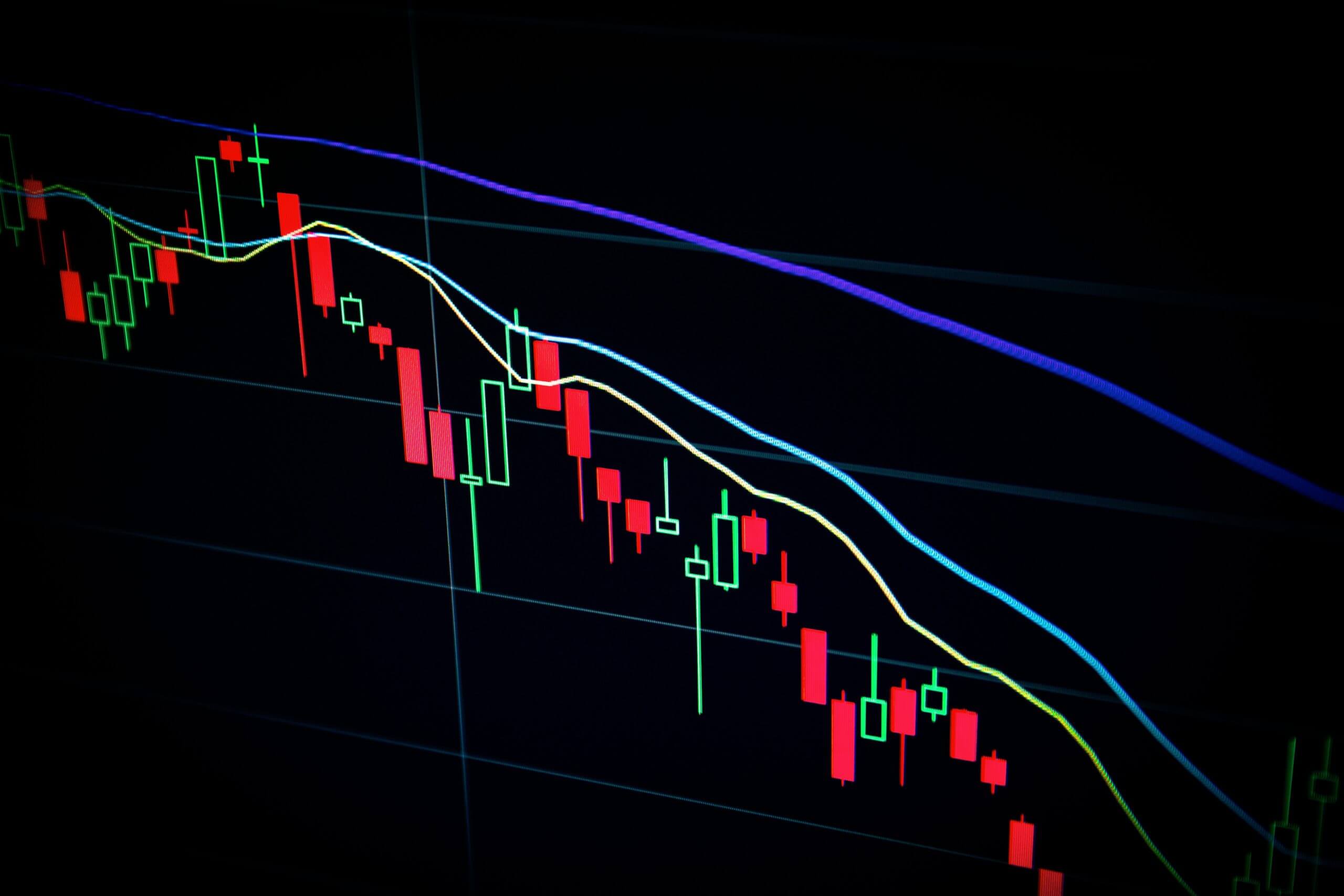After years and years of dominance within the digital asset space, bitcoin has become somewhat stagnant. Prices are beginning to fall, coins are moving much less often, and digital asset-related funds are seeing massive outflows. Searches related to bitcoin and other digital assets have also begun dropping. For example, Google searches containing bitcoin have declined, and social-media activity in the Crypto Subreddit group has fallen compared to last year.
This may come as a surprise as bitcoin reached a new all-time high, ($68,000 CAD) in November 2021. Since then, however, there has been a massive sell-off, and the digital asset space has yet to really recover (being down around 40% since that record). It seems that the emphatic excitement that once permeated the space has begun to waver. This isn't the first time popularity of digital assets has dropped. In 2017 and 2018, a significant surge of popularity jolted the space to near mass adoption; however, it faded. It wasn't until the last few years that digital assets' prominence shot back up. To further illustrate this point, aUBS analysis of around 160 products indicates that April will see the most significant crypto-ETF outflows on record - leading to investors pulling more than $533 million CAD that month alone.
What is the Cause of Digital Assets Diminished Popularity?
While the space has seen a massive influx of investors over the last two years, those numbers are decreasing. This could be caused by several reasons.
One of the more pressing issues that have recently come up is
. This year has seen digital assets and other volatile assets sold off as banks begin to raise interest rates to curb inflation.
The other obvious factor is Ukraine's current
has brought even more volatility into the space. Immediately following the invasion, bitcoin dropped below $45,000 CAD, while
dropped below $3,100 CAD.
War is known to bring volatility in global financial markets, not just digital assets, so as the conflict persists, the volatility will remain. The invasion has caused the plummeting of numerous assets while traditional inflation-hedging investments like gold and fiat are trading higher.
Also, the
Federal Reserve announced its plans to raise interest rates
in May, the first time rates have been hiked since March 2018. As in the past, rising interest rates lead to a period of market volatility. Because the Federal Reserve has indicated multiple increases, it would seem that there will be at least another year of continued volatility.
Finally, bitcoin's decline in popularity could also be attributed to the digital asset's supply moving into long-term-holder accounts. Data shows that a significant amount of bitcoin has been removed from exchanges as of late. These coins remain in cold storage and will likely not be traded for some time. This has led to illiquid coins not increasing in growth, while the rate at which the digital asset is going into long-term-holder accounts also increases.
However, this data could have an upside. In prior occasions of this outflow level, there has been a sharp upward movement that follows.
Though interest in crypto assets has dwindled, the market tends to bounce back, and digital assets may again see the same popularity it has benefited from for the past two years, favouring those who 'hodl.'
If you are looking to buy or trade digital assets,
for a free account with Netcoins, Canada's most trusted cryptocurrency exchange.
About Netcoins
Established in 2014 in Vancouver, British Columbia, Netcoins is a registered Restricted Dealer with the provincial securities commissions and a registered Money Services Business (MSB) with FINTRAC. The platform operates under BIGG Digital Assets Inc., a publicly traded company listed on the TSX Venture Exchange (TSXV: BIGG), and complies with applicable public company regulatory requirements.
The information provided in the blog posts on this platform is for educational purposes only. It is not intended to be financial advice or a recommendation to buy, sell, or hold any cryptocurrency. Always do your own research and consult with a professional financial advisor before making any investment decisions. Cryptocurrency investments carry a high degree of risk, including the risk of total loss. The blog posts on this platform are not investment advice and do not guarantee any returns. Any action you take based on the information on our platform is strictly at your own risk. The content of our blog posts reflects the authors’ opinions based on their personal experiences and research. However, the rapidly changing and volatile nature of the cryptocurrency market means that the information and opinions presented may quickly become outdated or irrelevant. Always verify the current state of the market before making any decisions.





.jpg)
.png)




